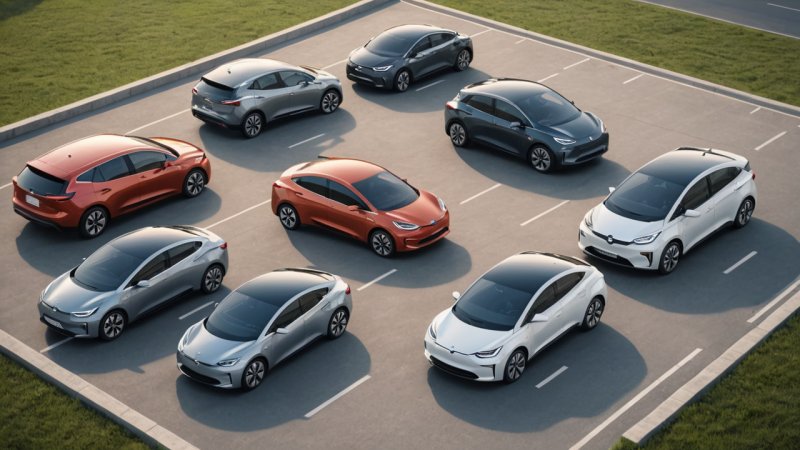The electric vehicle (EV) landscape is experiencing a seismic shift as cutting-edge technology propels its evolution. With environmental concerns gaining momentum and advancements in technology accelerating, electric vehicles are becoming more than just a sustainable alternative; they are revolutionizing the way we approach transportation. This article explores the latest advancements in electric vehicle technology that are set to reshape the industry and enhance the driving experience.
One of the most exciting developments in EV technology is the emergence of advanced battery management systems. These systems optimize the performance and lifespan of batteries, allowing for improved energy efficiency and faster charging capabilities. By integrating artificial intelligence and machine learning, manufacturers can create batteries that adapt to driving habits and environmental conditions, maximizing range and minimizing charging times. This innovation addresses the common concern of range anxiety, making electric vehicles a more practical choice for everyday use.
Furthermore, innovations in regenerative braking technology are helping to extend the range of electric vehicles. This technology allows EVs to convert kinetic energy back into stored energy during braking, effectively recharging the battery and enhancing overall efficiency. As a result, drivers can enjoy longer trips without the frequent need to recharge, making electric vehicles more viable for long-distance travel.
The connectivity of electric vehicles is also on the rise, with many models now featuring smart technology that seamlessly integrates with smartphones and home systems. This enables drivers to monitor battery life, schedule charging times, and even locate nearby charging stations with ease. Moreover, the development of vehicle-to-everything (V2X) communication allows EVs to interact with other vehicles, infrastructure, and even home energy systems, creating a more cohesive and efficient ecosystem.
Charging infrastructure is another area seeing significant advancements, with the rollout of ultra-fast charging stations becoming increasingly common. These stations can provide substantial power in a short amount of time, making it feasible for drivers to quickly recharge during their journeys. Additionally, wireless charging technology is emerging, allowing for hassle-free power replenishment without the need for plugging in. Such advancements are crucial in making electric vehicles more convenient for daily use.
Looking ahead, the future of electric vehicle technology appears promising. With ongoing research and development focused on reducing costs, improving performance, and enhancing sustainability, electric vehicles are set to play a central role in the transportation landscape. As technology continues to advance, we can expect electric vehicles to become more integrated into our lives, offering not just a method of transportation but a key component of a smarter, more sustainable future.
In summary, the latest advancements in electric vehicle technology are transforming the driving experience and making electric cars more accessible and appealing to a broader audience. With improvements in battery management, regenerative braking, connectivity, and charging infrastructure, electric vehicles are becoming a viable option for more drivers. As we look to the future, it's clear that electric vehicles will not only shape the automotive industry but also contribute significantly to a more sustainable world.
Electric Evolution: Future of EV Technology
Explore the latest advancements in electric vehicle technology that are reshaping the automotive industry and enhancing the driving experience.






